"What time are you leaving?" my Greek boyfriend asked me. "Because my sister is coming at 7 a.m. tomorrow." I veiled my Seriously? face with a "6:55" jest. This was an exchange between two middle-aged men--a fact that makes the use of the word "boyfriend" problematic. Manfriend, maybe? Partner? But we didn't have a partnership. That would require a commitment between two parties as witnessed by--or at least in relation to--other, third parties. We did not have that, or not exactly. Although I had been out for 20 years, my friend had been living his adult life in a glass closet. Everyone could see that he was gay, but neither he nor anyone else would publicly acknowledge his sexuality.
In places where gay rights are not on a par with human rights, glass closets are often justified as a necessary mezzanine. They are even portrayed as progress. Greece, the Baccarat of fine glass closets, with all its cultural centers and beach-cleaning charities, offers an extra clout of social respect to the officially not-out gay men from affluent suburbs. Our society is not ready for more, you hear in Athens. Being able to go to gay bars with friends is a huge step, locals argue. Respect our history, we are not Americans, the pseudo-intellectuals claim. "We don't come out the way you do. In Greece we keep bringing our partners to family events until relatives finally ask: 'Is George coming to Easter lunch? I need to know for the seating.'" There. Simple. Once underway, you acclimate. You are finally dating a Greek, in Greece, and you are in love. So you make pretexts. Why fight with pluralism?
There was a circle of friends around us. We went to parties where I was warned that some knew, and some did not. How can they not? "Well, they may speculate." And I was told that certain co-workers' birthday dinners were off-limits. I complied. I was a good boyfriend, manfriend, whatever. It was only a matter of time, I thought. At a weekend getaway at my family's country house on the beach, his mother called. Why was he in Northern Greece again, she asked him. Did he have a girlfriend there? He never had a girlfriend, ever, nor pretended that he did. "This is her way of asking me if I have a boyfriend," he told me fondly. Her way of telling him that she cared. What he was failing to see, or admit, was that his mother was fortifying her boundaries. By stating "girlfriend" versus "someone," she was asserting that she would not stomach a non-hetero glossary in case something of substance was in the works.
Trying to talk feelings, or just talk tenderly, you realize that your friend cannot share. He can be Santa Claus to friends and pets, and a shoulder to cry on for others. But he's also a smart, handsome, educated, charming man (an architect, perhaps) pushing 40 who is afraid to talk love with you, as there is nowhere to go with love: Companionship, partnership, or even formally living together has never been on the table. The relationship is maintained, at best, on promises; at worst, on wishful thinking. Sooner or later there will be mechanisms set up to break assertions, so one can start over. As with functioning addicts, you need to look carefully to see the toxicity building up within a relationship locked in a glass closet, but the telltale signs are there. The body language that conveys tenderness only when tipsy or half asleep. The "this is who I am, I change for no one" mantras hijacked from cheap pop songs. The glances that are a strange mix of disapproval toward your overt displays of sexual orientation.
Meanwhile, to friends (those who know) and to your family, he is a perfect 10: charismatic, charitable, an advocate of gay rights and HIV awareness, open-minded, pro-everything for everybody as long as he doesn't have to show up at Athens Pride because the international subsidiary he works for can be somewhat conservative in Greece. That type.
"Why do I like you so much?" I asked rhetorically in an unguarded moment. "'Cause I ignore you," he said casually. Let's examine this. We were practically living together. If he didn't like me, he would have ended it in a heartbeat, the way he snapped at tourists when they didn't obey the cross sign, or to the barista when service was not up to his standards. If he was manipulating me, he didn't need to; I was ready to move to Athens to be with him. He got me. That leaves us a few possible alternatives. He was either a control junkie, a sadist, or on a relationship-sabotage trajectory.
Sliding into the lethargy of codependence, you wake up in agony. You try to signal your unease with the dead ends of inarticulate interactions, the recurring non-joke jokes, the speculations of it all. You wish to converse about the future.
But proactivity in relationships often backfires. The more you try to communicate, the thicker the heteronormative cladding can get. Asphyxiated and repressed, you see the collision coming, and are powerless to halt it. When, finally, it happens, you are shamelessly reactive. The aftermath is poisonous, self-inflicting, and irrevocable.


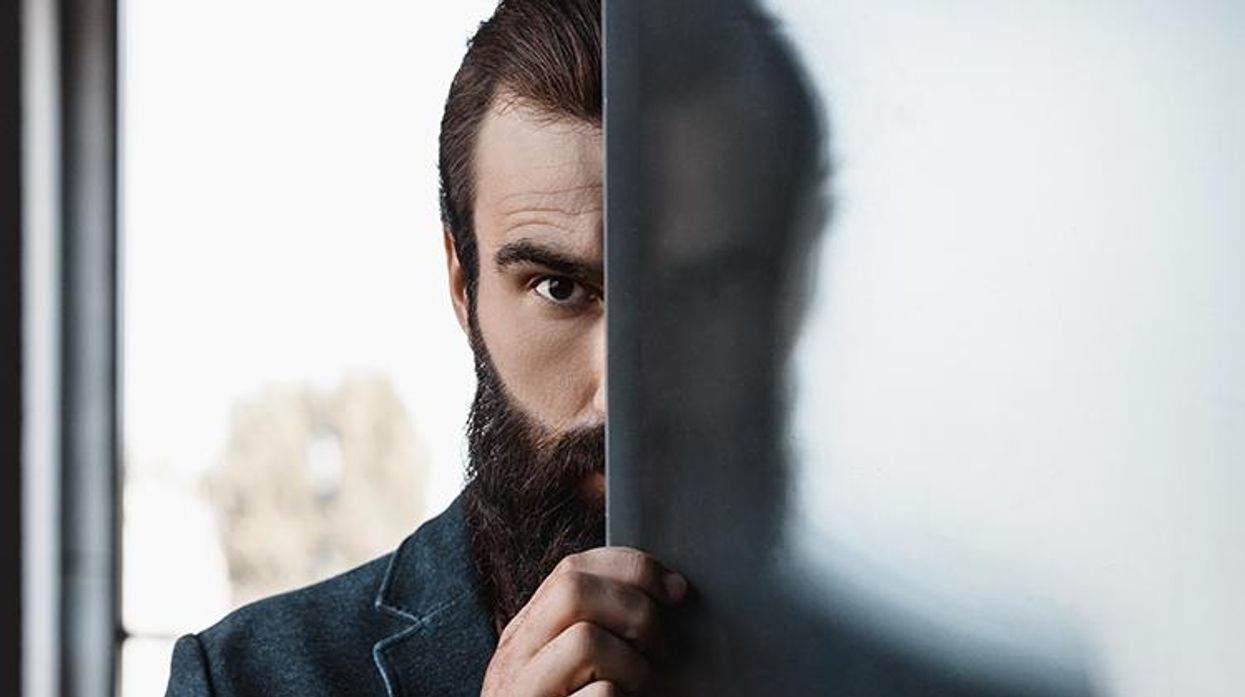


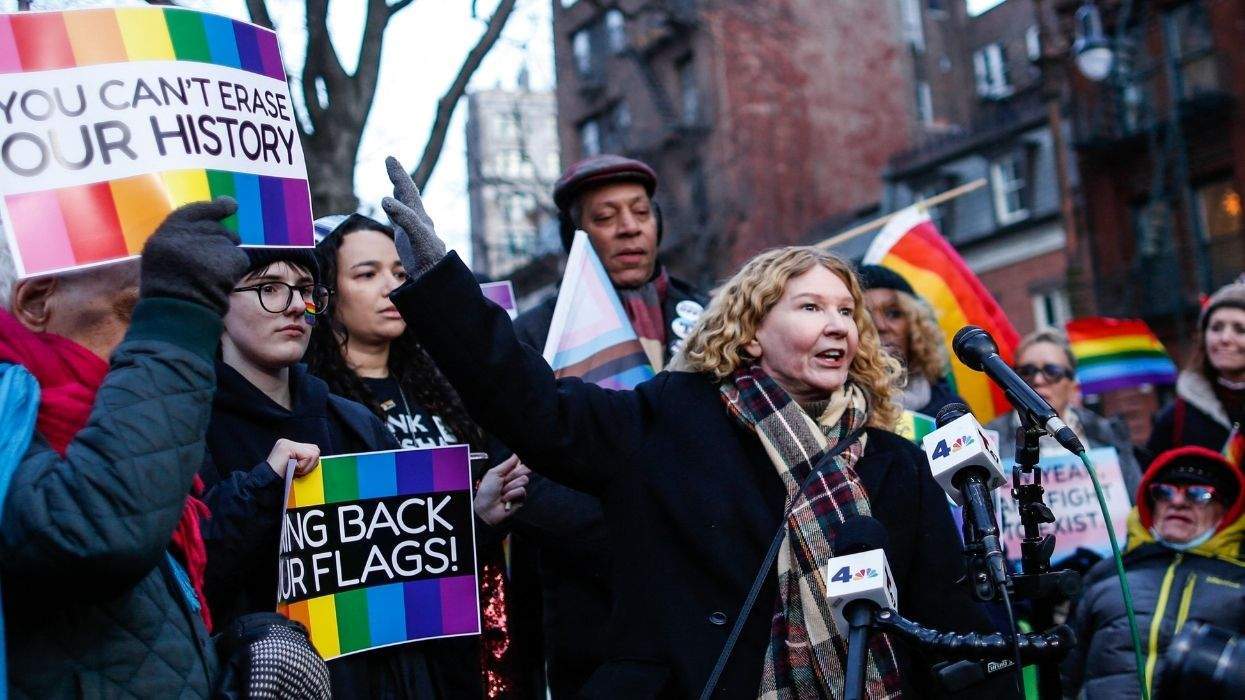



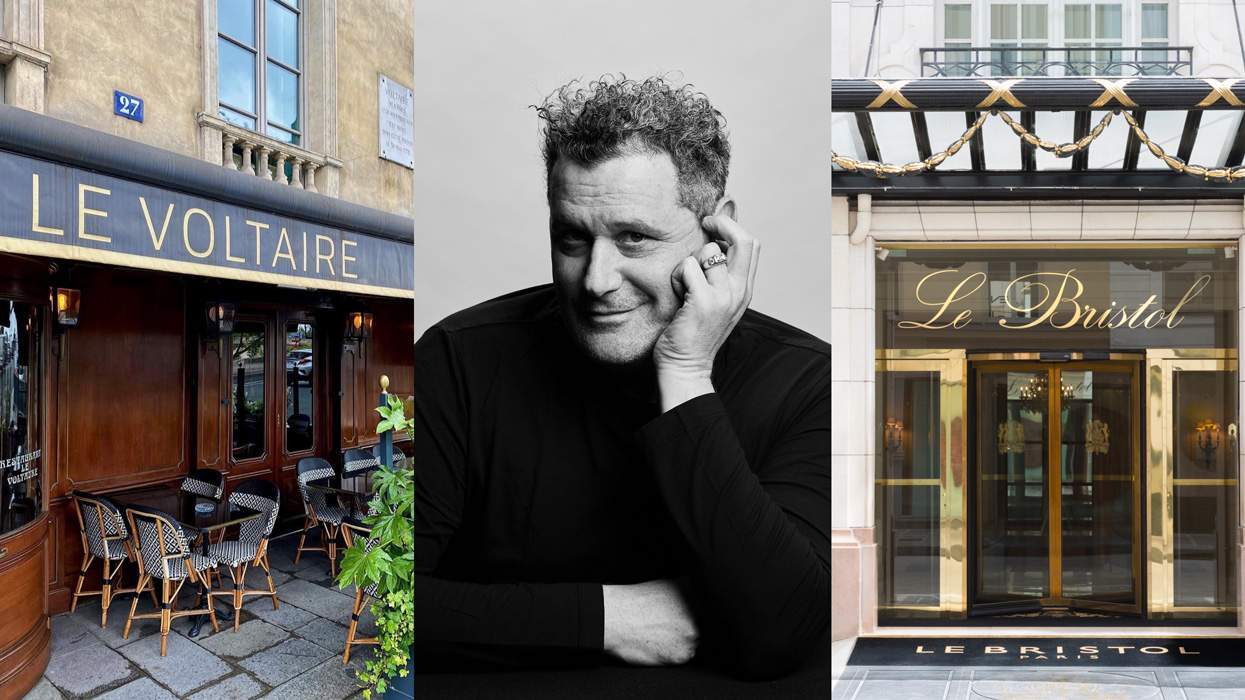











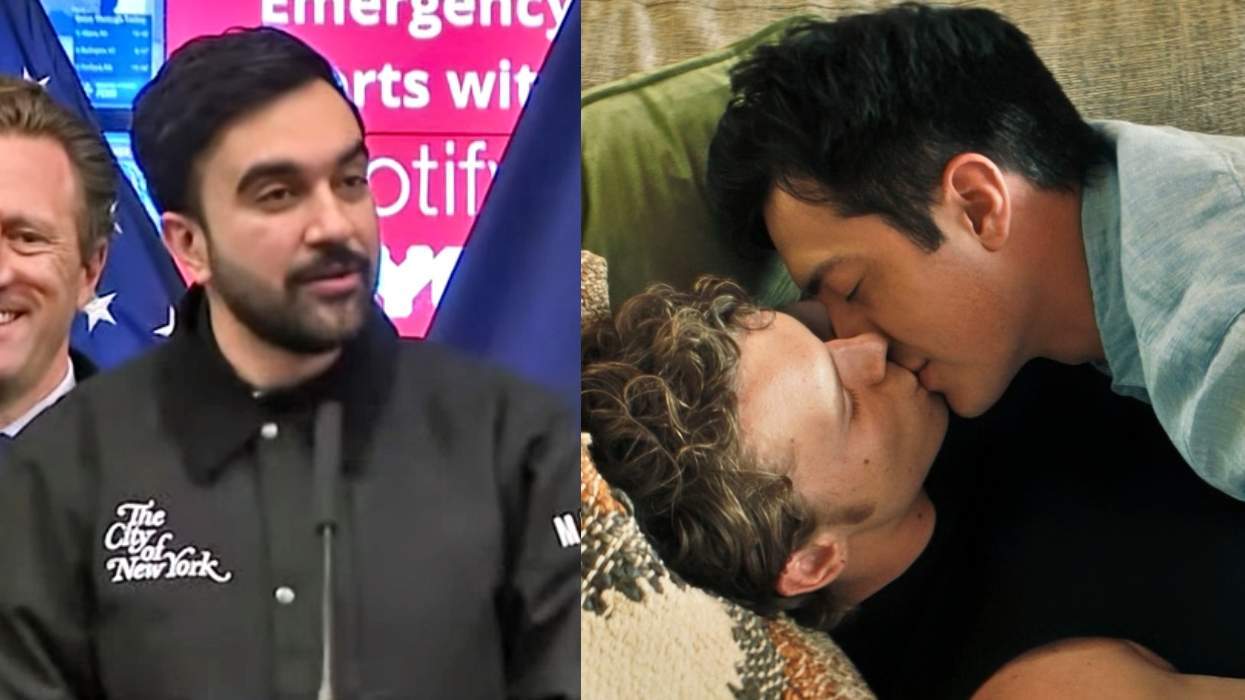

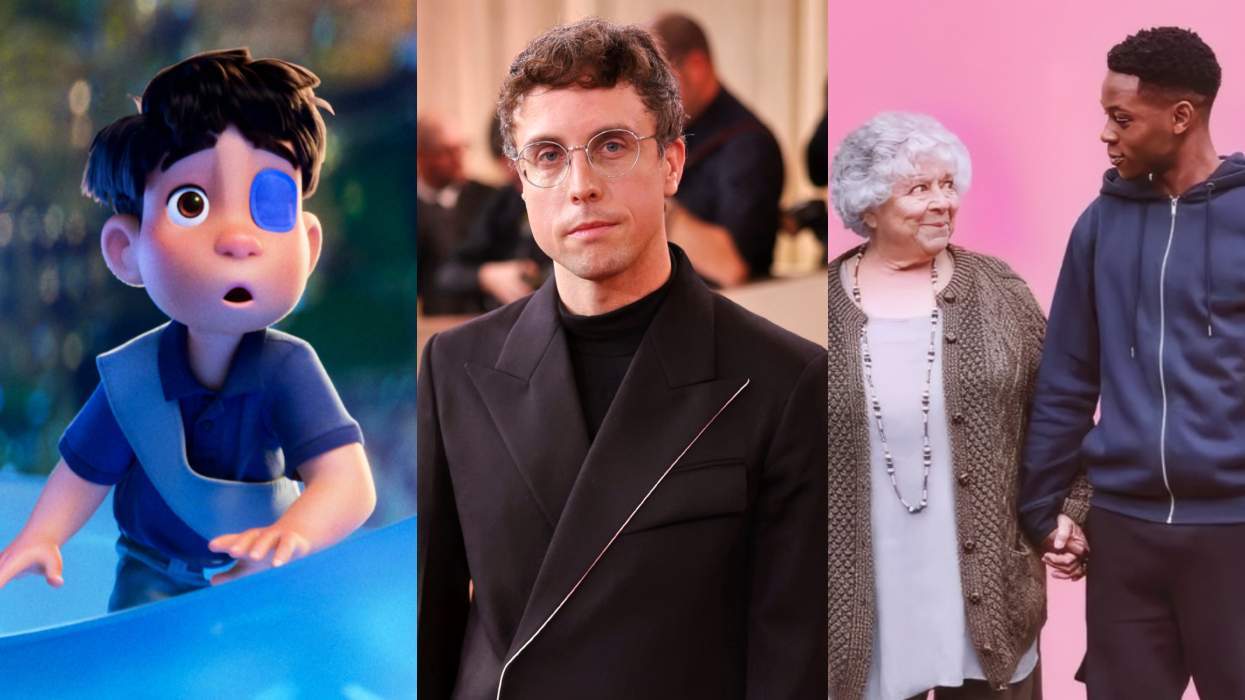
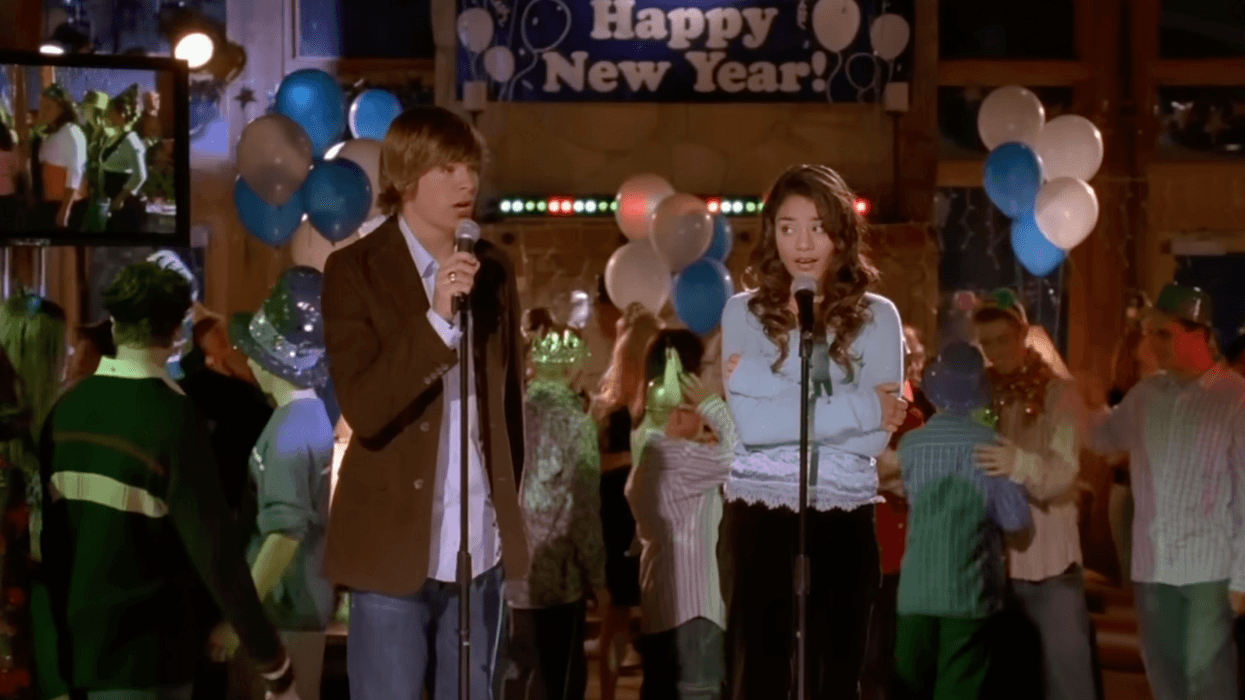
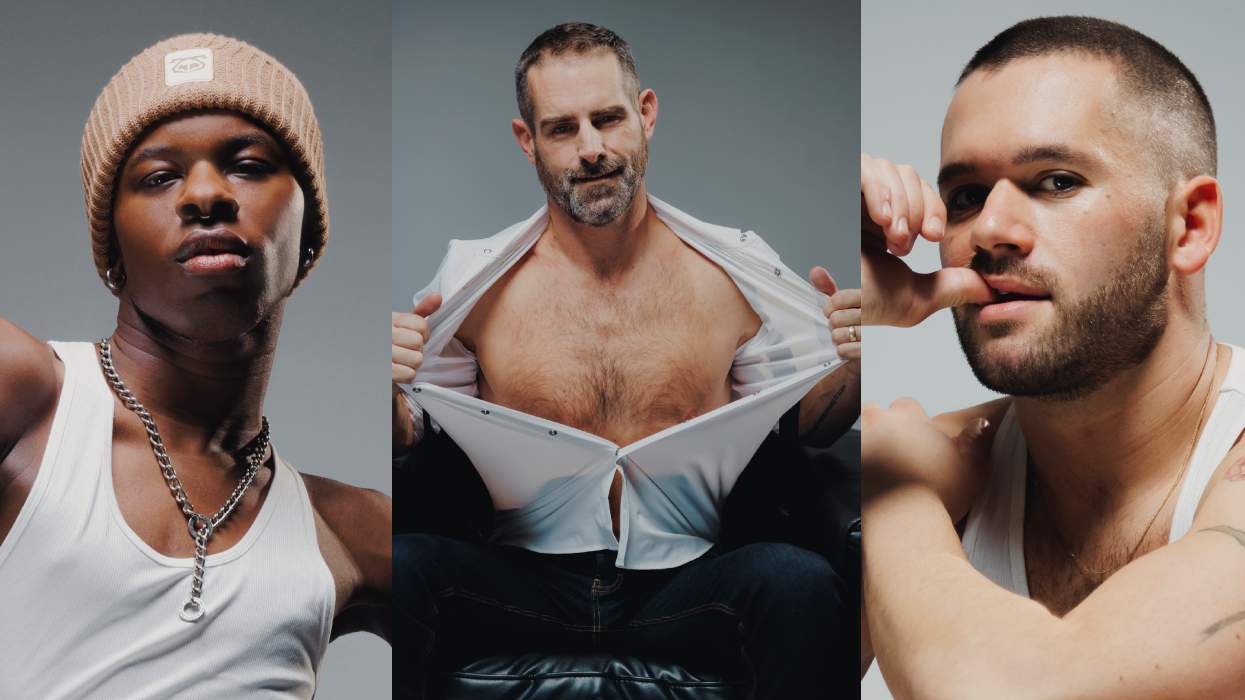
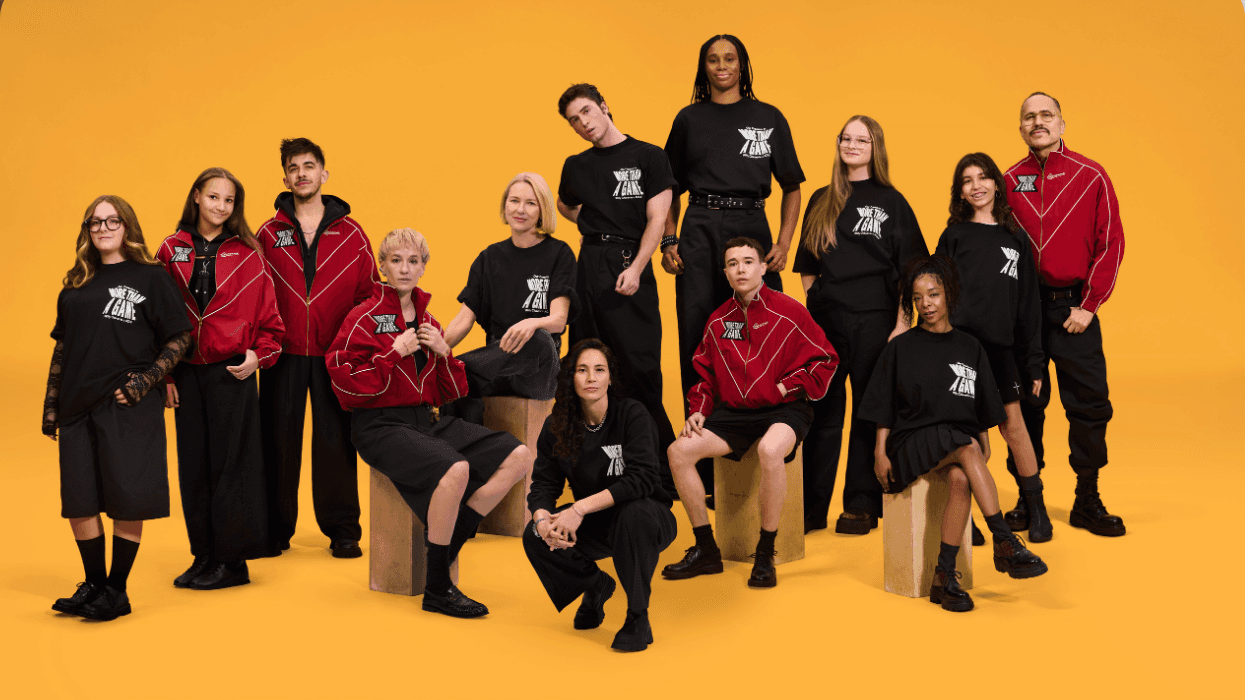

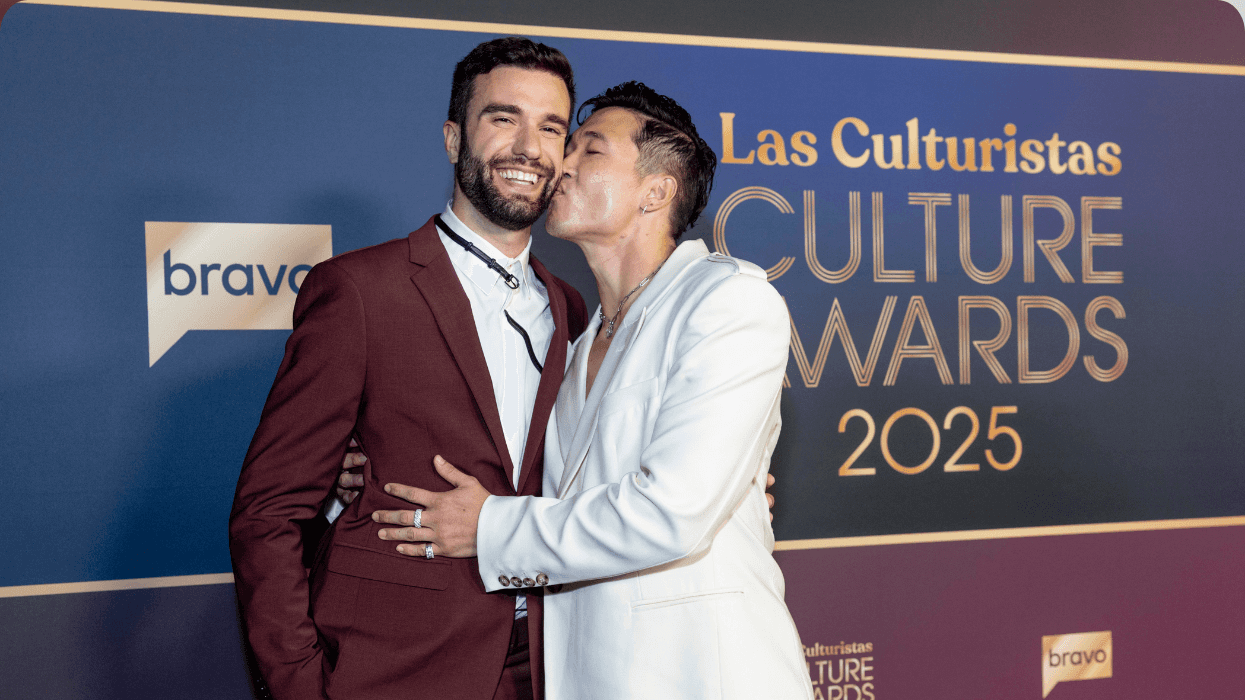

Jeffree Star slammed by Perez Hilton for ICE jokes
Jeffree Star at the 10 year anniversary celebration for Jeffree Star Cosmetics